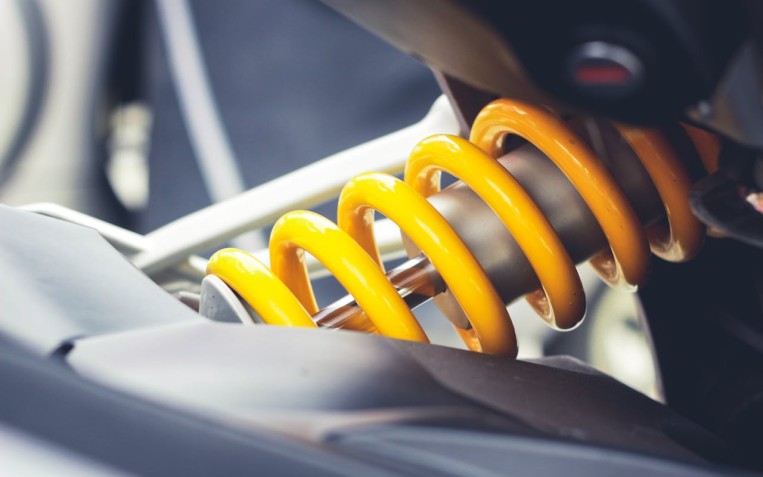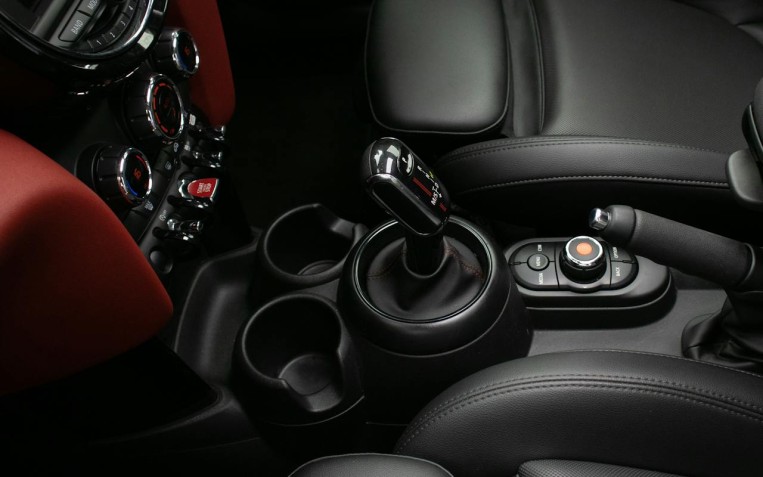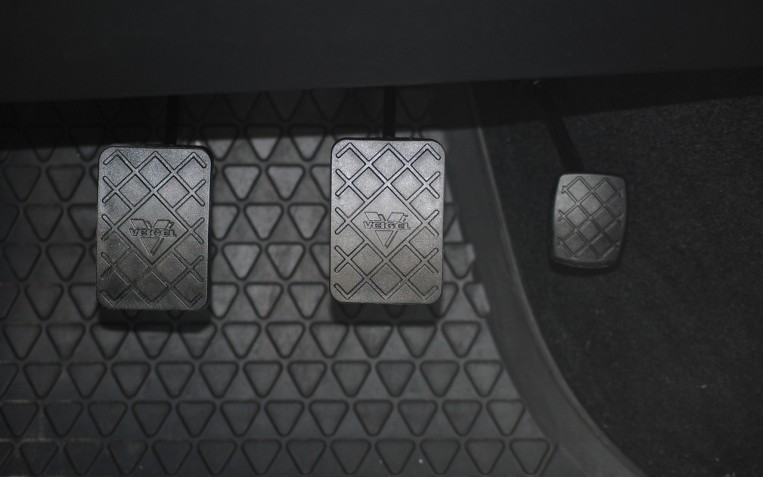How can coasting damage your car?

With the current price of fuel, it might be tempting to coast in your vehicle if you’ve heard it’s more fuel efficient. In this guide we’ll debunk the myth that it’s more energy efficient to coast and explain the associated dangers.
What is coasting?
Coasting is when you drive with your clutch pedal held down or with the car in neutral. It’s normal to coast when coming to a stop or changing gear. However, we don’t recommend driving this way for extended periods of time.
Why do people coast?
People can be tempted to coast as a way to conserve fuel. And while this might have worked in the past or in older cars, it’s actually more likely to increase your fuel consumption in newer models. This is because modern cars are fitted with Electronic Control Units (ECU’s) that sense when your accelerator is not depressed, and your engine is on to reduce the amount of fuel used.
So can I coast if I have an older car?
Even if your car is not fitted with Electronic Control Units, we still advise strongly against coasting as it can increase the likelihood of you getting into a car accident for the following reasons.
Dangers of coasting
- Coasting downhill causes you to pick up speed fast.
- It’s more difficult to slow down, as you cannot control your speed via your gears, and you’ll need to engage your mechanical brakes.
- It’s more difficult to take corners smoothly.
It takes longer to reengage your gears meaning it takes longer to stop.
How can coasting damage your car?
Coasting puts additional strain and wears on different parts of your car. This includes strain on your mechanical brakes, brake pads and brake discs, meaning you’ll start to wear through them quicker.
Coasting can also cause the throw-out bearing in your clutch to wear out faster. One of the main signs that your throw-out bearing needs replacing is that your clutch begins to feel stiff when you press down on it.
If you suspect your car clutches needs replacing or if your brakes are squeaking or juddering, simply get in touch with a member of our team to find out more or find your nearest PTA branch today.
Related Content

Should I have soft or stiff suspension springs for my vehicle?
Suspension springs are essential for maintaining your vehicle’s stability and ride height. Over time, the springs will succumb to wear and tear, which affects how your car handles, brakes and accelerates on the road. Discover whether you should...

What is engine braking?
Engine braking involves taking your foot off the accelerator pedal, allowing your car to slow down. Over time, the parts on your vehicle’s braki...

A guide to the different types of car clutches
The clutch is responsible for channelling the power from the engine, through to the gearbox, and the wheels. Your vehicle's clutch will differ dependi...

